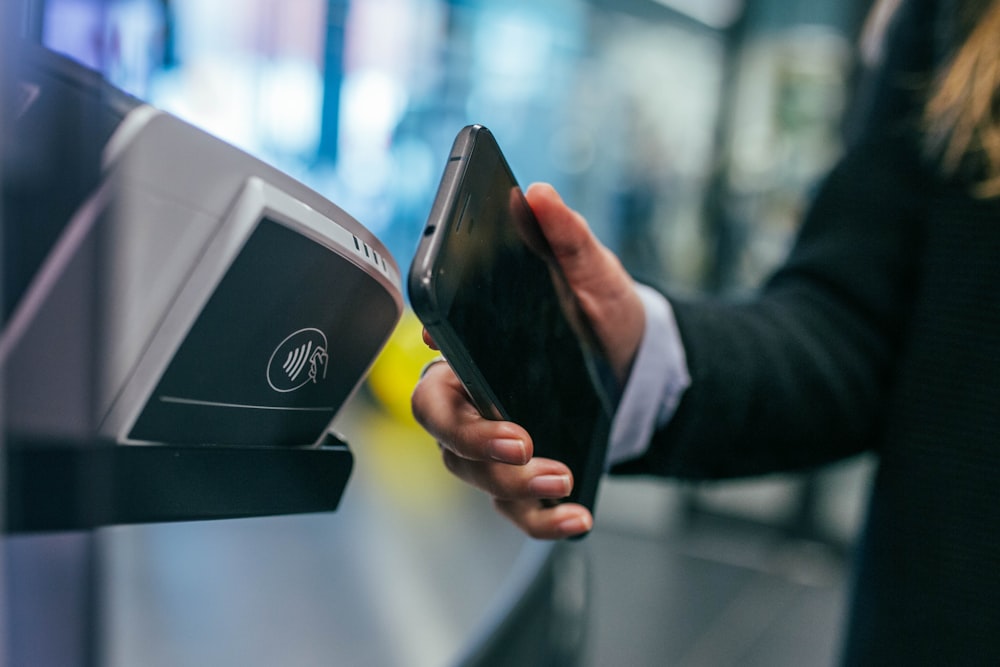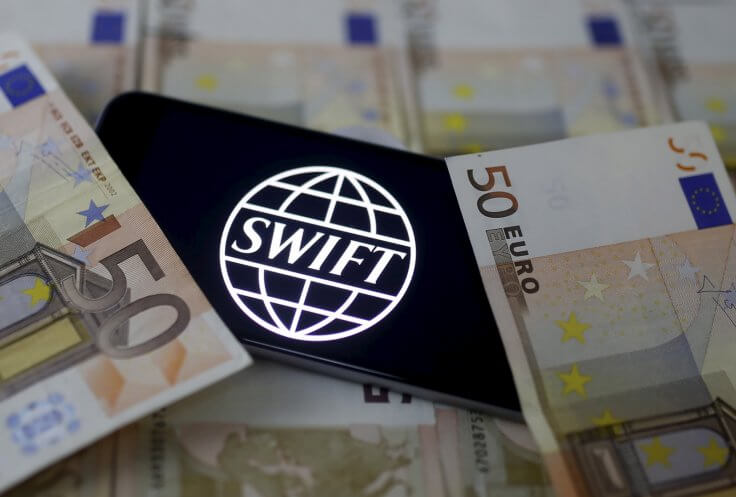COVID-19 and the associated lockdowns have widely disrupted global trade. The impact has been felt on both the supply and demand sides for most firms. While larger companies have more resources to survive continued turmoil, MSMEs are struggling to pivot and adapt to the new trading environment.
Smaller firms have been urged to speed up digitalisation, including moving whole business operations online, and looking outside domestic markets for new sources of growth and opportunity. These processes are difficult to achieve given one critically important gap: firms struggle to be paid across borders quickly, efficiently, and at reasonable costs.
Much of the focus on economic recovery for smaller firms has been aimed at addressing one aspect of financing – the ability of MSMEs to find and access trade financing to allow firms to continue to plug into global value chains and deliver goods to customers or suppliers overseas. While important, this is not the only missing financial service that plagues most MSMEs trying to do business in Asia.
Companies that are moving businesses online need to have access to digital payment methods.
Firms will not provide goods or services if they cannot be paid. Cross-border digital payments are instrumental for the development of the regional economy and the growth and resilience of MSMEs looking to thrive in a post-pandemic environment.
New innovations within the e-payments space, like e-wallets, blockchain, and initiatives by governments aimed at fostering increased use of digital payments, will likely improve access and lower the costs of cross-border transactions, especially for MSMEs. However, most of this innovation has taken place in the domestic space, where payments are experiencing improvements in terms of speed and convenience. Conversely, cross-border e-payments remain slow, costly, opaque, and difficult to manage. A lack of access as well as regulatory and payment network interoperability issues, mean that payments remain a key problem for MSMEs hoping to engage in cross-border e-commerce in the region.

As governments in the region continue to promote initiatives that improve access and use of digital payments, the challenges of managing cross-border transactions are often underappreciated by policymakers. MSME merchants and financial service providers continue to struggle to develop and sell their products and services across borders. It is not simply that Asia is remarkably diverse with stark differences between economies in technological maturity, regulations, standards, cost, digital access, and security considerations. The lack of a regional ecosystem and supportive policy framework to encourage regional payments continues to hamper large and small firms and slow economic growth and development.
Cross-border digital payments open-up opportunities for MSMEs to enter markets abroad. Within the cross-border payments market, MSME usage has been growing at two or even three times the rate of large corporates. By lowering the barriers of entry to global markets, digitalisation has allowed MSMEs to internationalise at a lower cost by making it easier for them to find new customers by accessing new regional and global markets and managing their payments. The MSME segment, in particular, stands to benefit the most from cross-border payments’ convergence, accessibility, and simplification.

There are multiple methods MSMEs can employ when managing cross-border transactions. Bank transfers remain the most common way of settling cross-border retail transactions for merchants in the region. According to available business surveys and testimonies from MSMEs in New Zealand, Cambodia, Myanmar, Indonesia, and the Philippines, bank and wire transfers remain the most common method for making B2B and C2B retail e-payments transactions. For instance, according to interviewees, in countries like Myanmar and Cambodia having a US dollar-denominated bank account remains one of the only available methods to complete a cross-border transaction.
Firms that can only accept bank transfers struggle or are simply unable to participate in selling directly to consumers as the costs and hassle of managing such transactions deter purchases. Even companies that use bank transfers to manage payment relationships with other firms, as vendors or suppliers, end up doing so at often significant cost and delays in processing. For smaller firms, especially, time is also money.
Beyond direct bank transfers, credit and debit cards are one of the most common payment instruments used to execute cross-border retail payments. Even though card payments provide a more seamless payment experience for consumers, in a cross-border context they remain a challenge as many card types charge significant transaction fees. Credit card payments often rely on a card network comprising an interbank payment processing platform connecting various payment card issuers and acquirers (typically banks). Traditional credit card transactions can be often subject to the same, or similarly complex, back-end arrangement and transaction costs associated with direct bank transfers.
Bank transfers and card payments also require parties to have a bank account. For many MSMEs and potential customers of MSMEs, this assumption does not hold. Without a bank account, they are simply locked out of the digital economy.
“Without a bank account, MSMEs are simply locked out of the digital economy.”

There are many regulations and standards affecting the delivery of cross-border payments. Three key challenges include inconsistent application of practices on anti-money laundering (AML), combating the financing of terrorism (CFT), and know-your-customer (KYC) requirements; messaging challenges; and inconsistent implementation of international standards.
Sorting out challenges like these are critically important when it comes to unleashing greater growth in the cross-border retail payments space, which is a key pain point for smaller firms across Asia. Despite the growth of financial technologies like digital wallets and digital currencies, many MSMEs lack the access to those technologies and, as a result, have to endure the costs and difficulties of using traditional bank transfers for cross-border transactions.
Facilitating e-payments in a safe and effective manner would help unlock the ability of smaller firms, especially, to view the region as their own marketplace. Without a sustained focus to continuously update existing commitments and focus on practical steps that domestic governments should take, it will be difficult to create a more safe, innovative, open, and inclusive regional e-payments ecosystem.
Read our latest issue of Trade Finance Talks, Spring 2021, here

 Australia
Australia Hong Kong
Hong Kong Japan
Japan Singapore
Singapore United Arab Emirates
United Arab Emirates United States
United States France
France Germany
Germany Ireland
Ireland Netherlands
Netherlands United Kingdom
United Kingdom














Comments are closed.